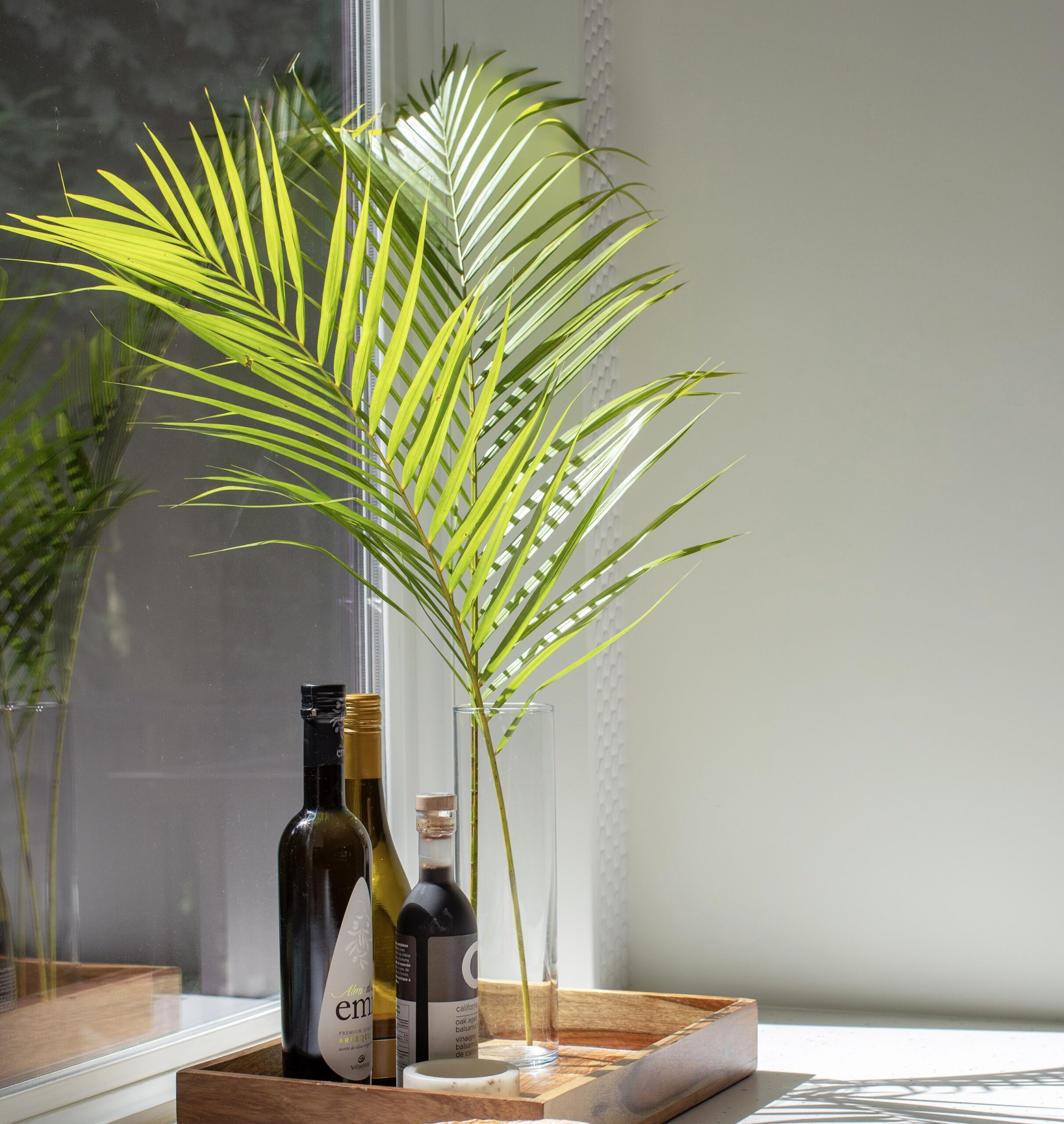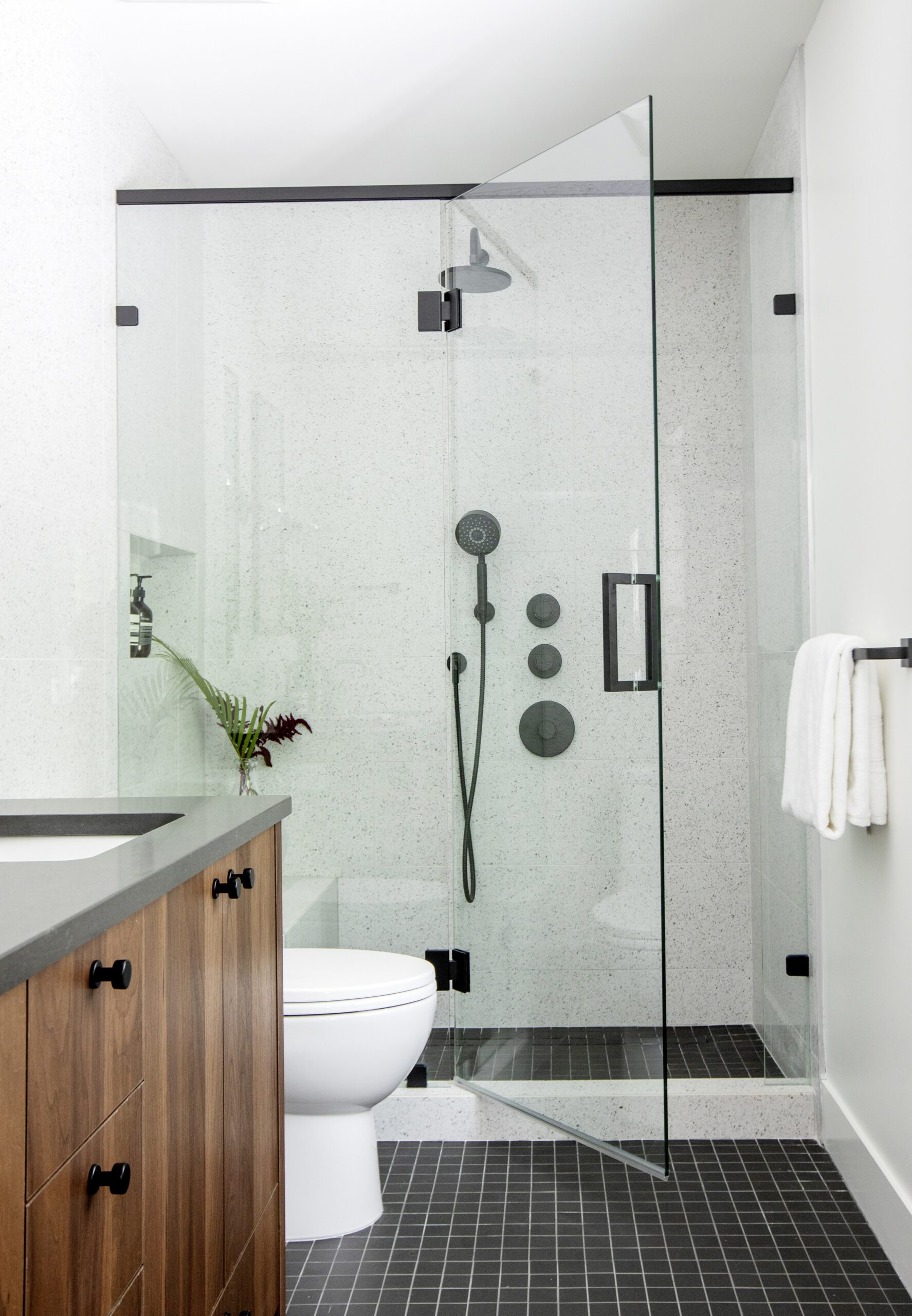Feng Shui is an ancient system of laws that takes into consideration the design and layout of a home in order to create a good flow of energy or qi. The goal is to bring balance, harmony, and prosperity to the people who reside there.
Feng Shui’s principles have been in existence for over 3000 years, and people spend many years studying its complex laws.
For the renovator, there are many feng shui-related issues that you may not be able to eliminate. For example, a house situated at the end of a T-junction or in a cul-de-sac does not have good feng shui because energy is seen as coming off the road towards the house too strongly. One way to reduce this bad energy is to protect your front door with some artfully placed landscaping.
Other Feng Shui principles govern the actual floor plan. But even if you’re not going to be making huge structural changes, there are many small measures you can take to give your home better qi.
One overriding Feng Shui principle is that less is more. De-cluttering is key, as is having good light and good airflow. Open windows and let the fresh air in!
The Feng Shui Floor Plan
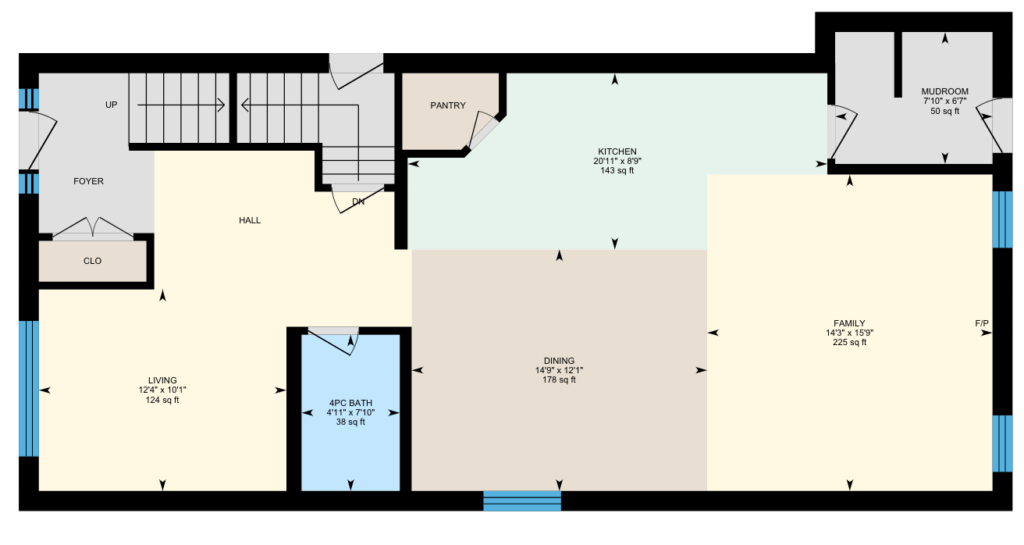
If you’re building a new custom home and want to incorporate a few Feng Shui principles, here are a few things to keep in mind.
The position of the front door is important. Ensure it doesn’t align to the back door which can lead to a loss of qi. Also, ensure the door is large but still remains in proportion to the rest of the house.
When it comes to creating the floor plan, you’ll want the house to be constructed with even corners, in the shape of a square or rectangle. Those with an odd number of corners (built like a triangle or pentagon) can interfere with qi.
When reviewing the floor plans, ensure that kitchens and toilets are not placed on the northwest side of the house. That’s the direction from which the heavens pour energy into the house. You’ll also want to avoid constructing kitchens and toilets so that they’re visible straight from the front door.
The Feng Shui Entrance
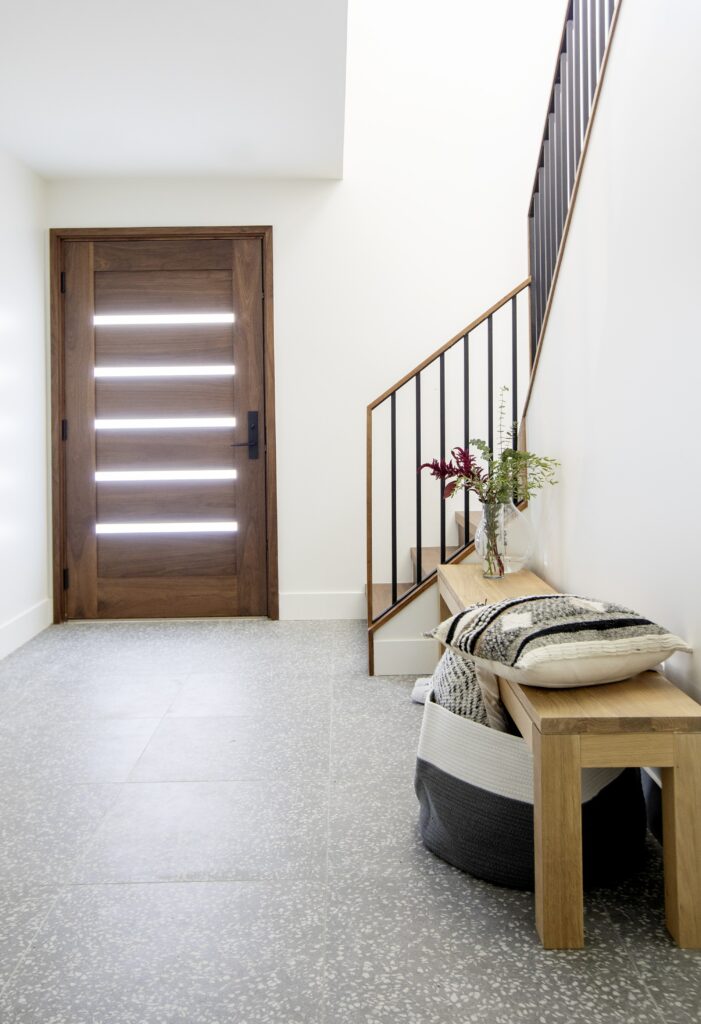
The entranceway should be calm and inviting. It’s best not to have a mirror facing the front door, which can send energy back out of the house. Having a staircase facing the door isn’t considered advantageous either, as energy can move straight up the stairs without being distributed evenly throughout the home.
If you are renovating your home and can’t move the staircase, consider adding a plant or flowers to give the space more warmth and weight.
The Feng Shui Kitchen
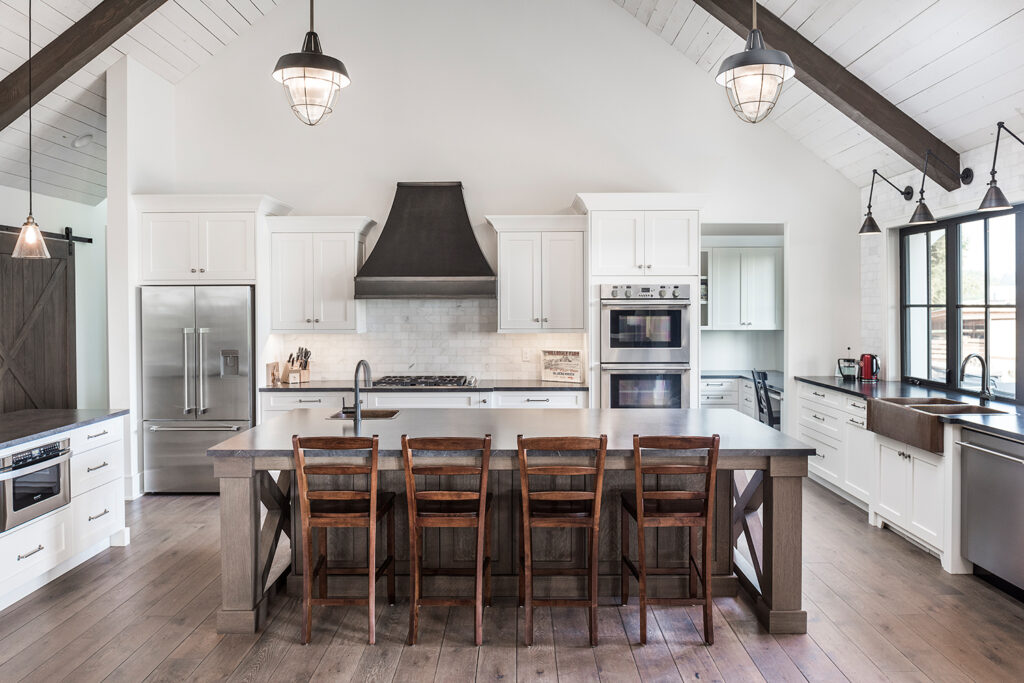
The kitchen is considered the heart of the home and it should be warm, welcoming, and clutter-free. Put away appliances and other countertop knickknacks. Be sure your oven and elements are in good working order. You don’t want an underperforming hearth.
Also, water flow can represent money trickling away, so be sure to fix any drips and leaks as soon as they happen.
The Feng Shui Bathroom
There is obviously a lot of water to contend with in bathrooms. Make sure to keep toilet lids closed and close or cover drains. You don’t want good luck and prosperity going down the tubes. And because the bathroom has so many water elements, you might want to add some earthy ones, either in terms of colour (perhaps some lush brown towels or cabinetry) or actual earth, like a plant. Balancing the five elements is important in feng shui.
The Feng Shui Bedroom
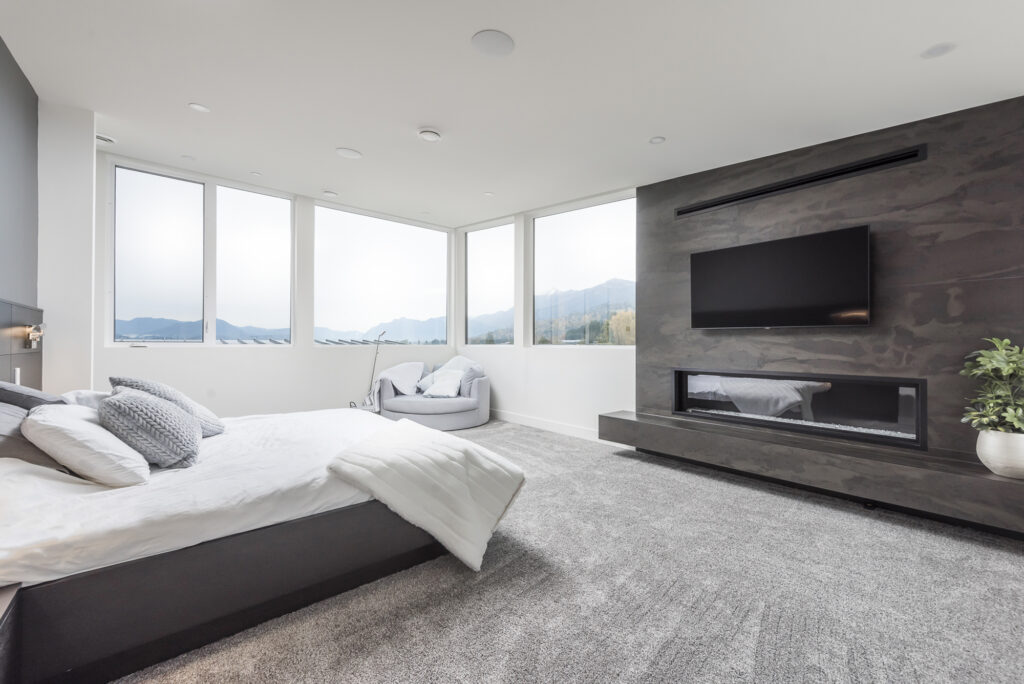
The position of the bed is key. It’s best to be able to access it on both sides and don’t have it facing the door or under a window. The ideal place is to the side of the door, so you can still see it, thereby providing a sense of security. (Plus, to lie with your feet pointing towards the door is known as the coffin position.)
A mirror in the bedroom can mean a bad sleep as it encourages energy to bounce around the room. And avoid having one facing the bed, which can invite a third party into the relationship!
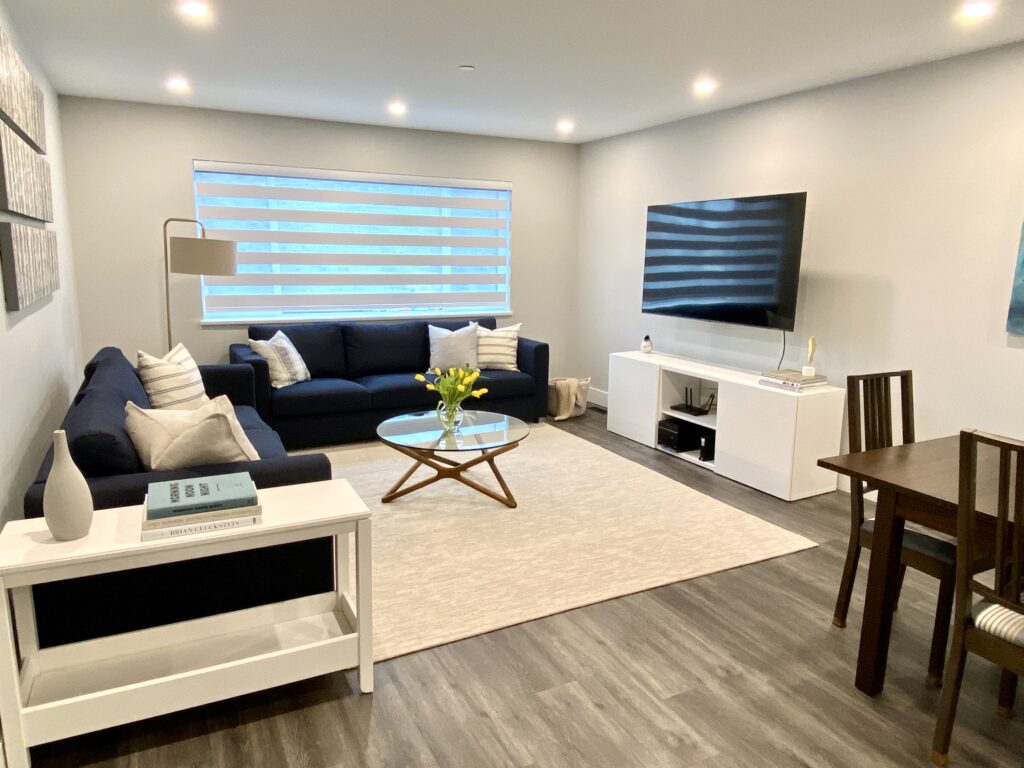
The Feng Shui Living Room
Here, the sofa should be against a solid wall. If this isn’t possible, consider putting a console behind it. It should be easy to walk through the space, without having large pieces blocking the energy flow. Again, focus on making this area bright, tidy and uncluttered.
Whether you’re building a new home, renovating, or just looking to restyle a few rooms, incorporating some of these small Feng Shui principles can help create a more calming, clutter-free space.
